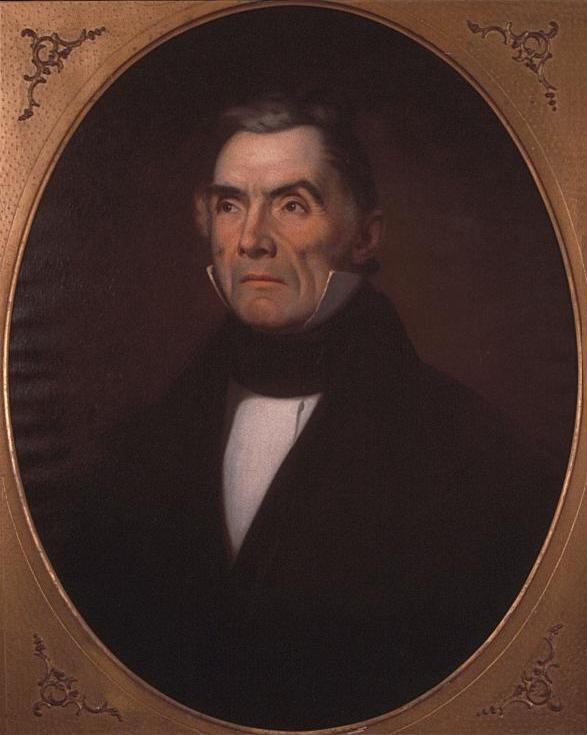Wolfred Nelson (1791-1863) lived an unbelievably full life: doctor, revolutionary Patriote, Reformer, advocate of responsible government, prisoners’ rights activist, champion of various public health initiatives, outlaw, prisoner, exile, writer, and, for a few years, Mayor of Montreal. Although his leadership in the Rebellions of 1837 was at least as important as that of Louis-Joseph Papineau, Nelson’s role is largely forgotten. This is for the most part because he messes with the simplistic “French vs. English” narrative that reactionary demagogues like Lionel Groulx have been foisting upon the citizenry of my home province for well over a century.
In an age defined by identity politics, Nelson refused to be defined by the politics of identity. Although he was born and raised in the bosom of the British élite, Nelson transcended the blinkered worldview of his privileged Anglo-Protestant origins: “I was in my earliest days, a hot Tory and inclined to detest all that was Catholic and French Canadian, but a more intimate knowledge of these people changed my views.” He learned French, embraced Québécois culture, and fought for French-Canadian civil rights. For so doing, he was denounced as a traitor to his class by racist organizations like the Orange Order and reactionary rags like the Montreal Gazette.
If responsible government means anything, it means that the most important decisions are made by elected officials who are responsible to the citizenry. This is no longer the case in 21st-century Canada. These days, more often than not, the most important decisions are made behind closed doors, in secret meetings, between trade organizations, multinational corporations, and corrupt government officials. We’re going to have to fight for responsible government all over again. And we’re going to have to do it in this generation. That’s why now, more than ever, we need to remember Wolfred Nelson—and others like him, men like Louis-Hippolyte LaFontaine, Robert Baldwin, and Wilfred Laurier.
If we’re going to survive these turbulent times, and make it through to the other side of this dark age, we’re going to have to remember a few things which were obvious to wise men like Wolfred Nelson: namely, that the English-French divide serves the interests of reaction not reform; that meaningful change is impossible without unity; and that the fight for responsible government can end in victory if, and only if, we transcend the petty politics of identity.
—John Faithful Hamer, From Here: A Love Letter to Montréal (2018)
